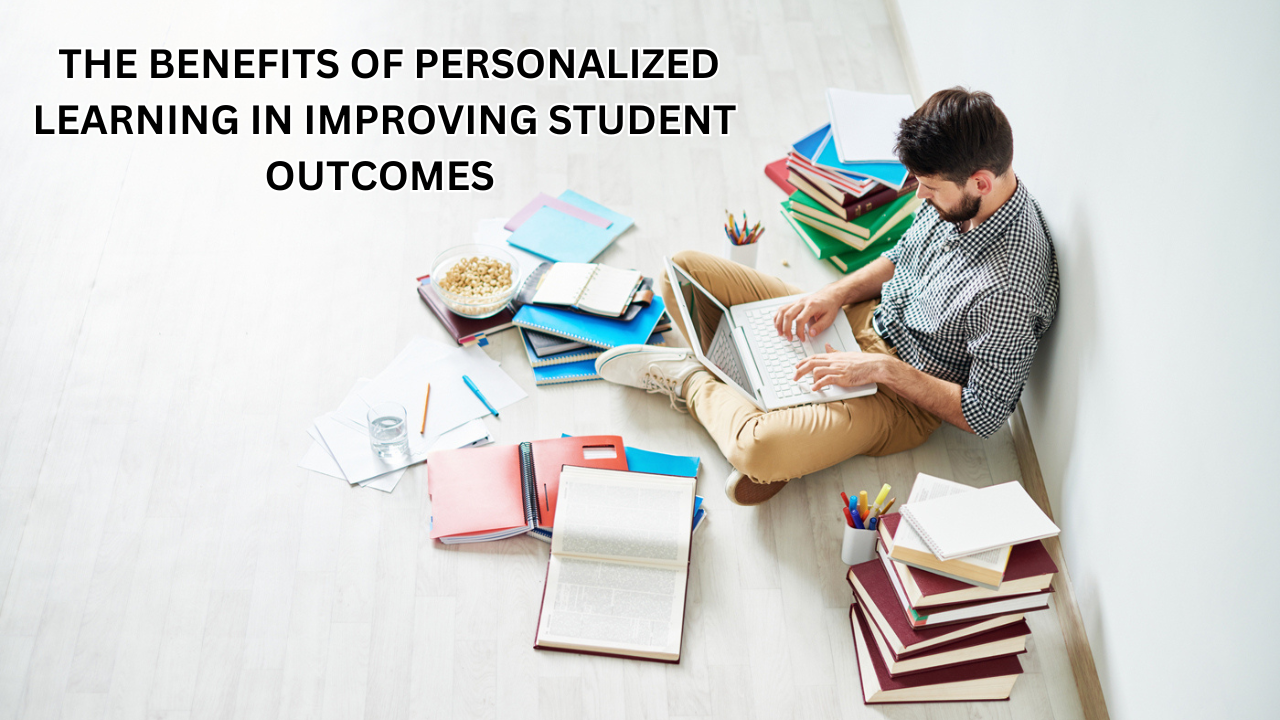Personalized learning is transforming education by tailoring the learning experience to meet the unique needs interests and abilities of each student this approach goes beyond the traditional one-size-fits-all model offering a more flexible and adaptive framework that empowers students to take ownership of their learning journey by providing customized learning pathways personalized learning not only enhances student engagement but also fosters a deeper understanding of the subject matter students can progress at their own pace revisit concepts when necessary and explore areas of interest that drive intrinsic motivation.
This individualized attention supports diverse learning styles and ensures that each student receives the appropriate level of challenge and support research has shown that personalized learning can lead to improved academic performance greater student satisfaction and increased retention rates it promotes the development of critical thinking problem-solving and self-regulation skills which are essential for success both in school and beyond by focusing on the strengths and needs of each learner personalized learning is helping to bridge educational gaps reduce achievement disparities and ultimately prepare students for the demands of the future workforce.
Benefits of Personalized Learning:
Personalized learning offers significant benefits by recognizing that each learner has a unique set of needs strengths and preferences tailoring the educational experience to the individual it helps foster a more engaging and effective learning environment students can learn at their own pace allowing them to grasp concepts more thoroughly without the pressure of falling behind or the boredom of waiting for others to catch up this customization enables learners to focus on areas where they need more support while advancing more quickly in areas of strength.
personalized learning promotes greater student ownership and motivation as learners feel more in control of their educational journey this self-directed approach encourages critical thinking and problem-solving skills which are essential for lifelong learning teachers can also benefit from personalized learning by having the flexibility to offer targeted interventions making their instruction more efficient and impactful personalized learning supports the development of well-rounded individuals who are not only knowledgeable but also confident in their ability to adapt and learn independently in various contexts.
Key Elements of Personalized Learning:
The key elements of personalized learning revolve around tailoring the educational experience to meet the unique needs interests and abilities of each learner one of the primary components is flexibility in learning pace this allows students to progress through content at a speed that suits their understanding whether that means accelerating through material they grasp quickly or taking more time to master challenging concepts another crucial element is learner-centered instruction where the focus shifts from a one-size-fits-all approach to a method that adapts to the individual.
This includes utilizing various learning pathways such as online resources project-based tasks and collaborative learning experiences which allow students to explore topics in ways that are most engaging to them technology also plays a pivotal role in personalized learning by offering tools and platforms that provide real-time feedback track progress and recommend resources based on the learner needs personalized learning emphasizes the importance of choice and autonomy when students are given a voice in how and what they learn they are more motivated and invested in their education.
Implementation Strategies for Personalized Learning:
Implementing personalized learning requires a thoughtful strategic approach that incorporates both technological tools and thoughtful pedagogy one of the first steps is to understand the diverse needs and learning styles of students this can be achieved through initial assessments ongoing formative evaluations and open communication between teachers and learners teachers must then design flexible that offer a variety of learning pathways from digital resources to hands-on projects to cater to different interests and abilities another key strategy is integrating technology to support individualized learning management systems adaptive learning software and data analytics can provide real-time insights into student progress allowing teachers.
Personalized learning also requires creating a classroom culture that values student agency giving students a role in setting their learning goals selecting projects and deciding on methods of assessment fosters ownership and motivation professional development for educators is equally important teachers need training in differentiated instruction data-driven decision-making, and the use of technology to personalize learning effectively collaboration among educators parents and the community can enhance personalized learning by ensuring that students receive consistent support both inside and outside of the classroom.
Teacher Workload and Support:
Teacher workload and support are critical factors in ensuring the success of any educational approach particularly when implementing personalized learning while personalized learning offers many benefits for students it can also significantly increase the demands placed on teachers educators are required to develop individualized learning plans and use technology to track and analyze student progress and provide targeted support to students with diverse needs all of which can be time-consuming to manage this increased workload it is essential to provide teachers with adequate resources and professional development opportunities.
This includes training in data analysis differentiated instruction and the use of educational technology to streamline administrative tasks and support personalized learning teachers need access to collaboration time where they can share strategies discuss challenges, and learn from one another experiences effective leadership also plays a key role in providing the necessary support school administrators should ensure teachers have manageable class sizes and access to teaching assistants or support staff and a balanced schedule that allows for planning reflection and ongoing professional growth.
